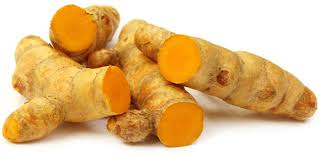You have high blood pressure if your blood pressure reading is 140/90 or above this level.
If you have been diagnosed with high blood pressure, chances are you've been advised by your physician to change your lifestyle.
What does your doctor mean when he tells you to change your lifestyle?
Changing your lifestyle means putting an end to the things that you are currently doing that cause your blood pressure to rise.
You should stop smoking.
Stop drinking too much alcohol.
Stop eating salty and fatty food.
Stop drinking caffeinated drinks.
You should also avoid stress.
If you are currently taking medications, here are important things to know how those medications work inside your body to treat your hypertension:
1. Vasodilators. Vaso-is a prefix which means blood vessels. Dilator-means opener, expander, widener. Therefore the word vasodilator means "blood vessel widener".
Vasodilators open or widen the blood vessels making it easy for blood to flow freely through them. Vasodilators also help relax the muscles of the blood vessel walls.
These phenomena are what cause blood pressure to fall making you feel better after taking this type of medication
2.Alpha-blockers. When your body is under stress, it releases a hormone called catecholamine which causes the heart to beat more vigorously. You feel this happen when you are afraid, angry, extremely happy or threatened.
Muscles surrounding some blood vessels contain the substances called alpha adrenergic receptors that bind with catecholamine.
Once catecholamine attaches to an alpha receptor, the muscles contract, blood vessels narrow causing blood pressure to rise.
Alpha blockers help lower down blood pressure by preventing the binding of catecholamine to alpha receptors in the muscles.

